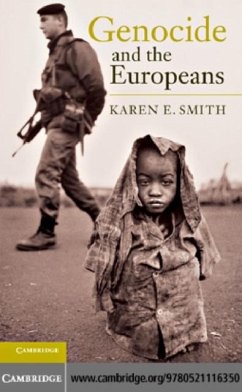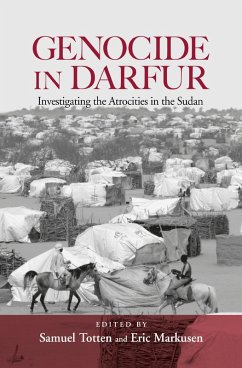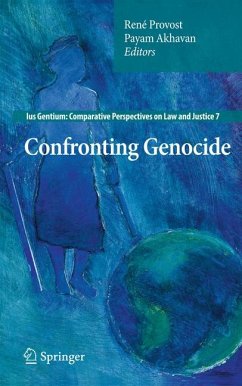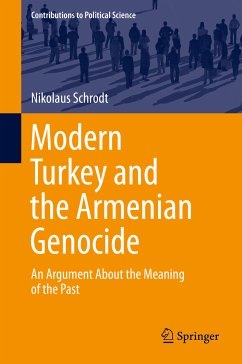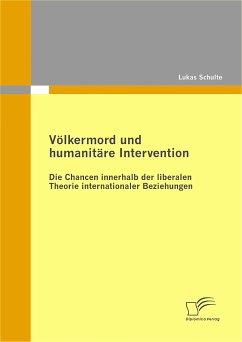
Genocide (eBook, PDF)
A Normative Account

PAYBACK Punkte
13 °P sammeln!
Larry May examines the normative and conceptual problems concerning the crime of genocide. Genocide arises out of the worst of horrors. Legally, however, the unique character of genocide is reduced to a technical requirement, that the perpetrator's act manifest an intention to destroy a protected group. From this definition, many puzzles arise. How are groups to be identified and why are only four groups subject to genocide? What is the harm of destroying a group and why is this harm thought to be independent of killing many people? How can a person in the dock, as an individual, be responsibl...
Larry May examines the normative and conceptual problems concerning the crime of genocide. Genocide arises out of the worst of horrors. Legally, however, the unique character of genocide is reduced to a technical requirement, that the perpetrator's act manifest an intention to destroy a protected group. From this definition, many puzzles arise. How are groups to be identified and why are only four groups subject to genocide? What is the harm of destroying a group and why is this harm thought to be independent of killing many people? How can a person in the dock, as an individual, be responsible for a collective crime like genocide? How should we understand the specific crimes associated with genocide, especially instigation, incitement, and complicity? Paying special attention to the recent case law concerning the Rwanda genocide, May offers the first philosophical exploration of the crime of genocide in international criminal law.
Dieser Download kann aus rechtlichen Gründen nur mit Rechnungsadresse in A, B, BG, CY, CZ, D, DK, EW, E, FIN, F, GR, HR, H, IRL, I, LT, L, LR, M, NL, PL, P, R, S, SLO, SK ausgeliefert werden.




